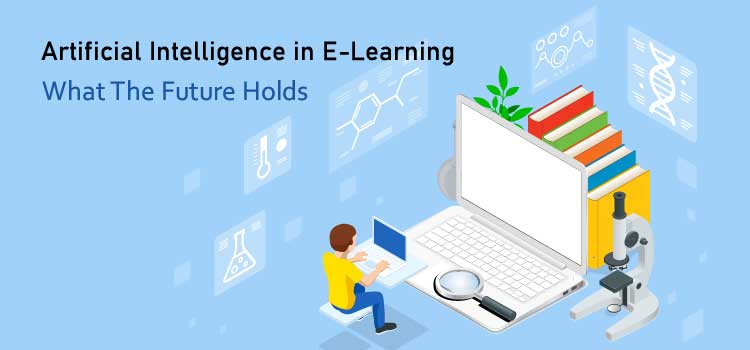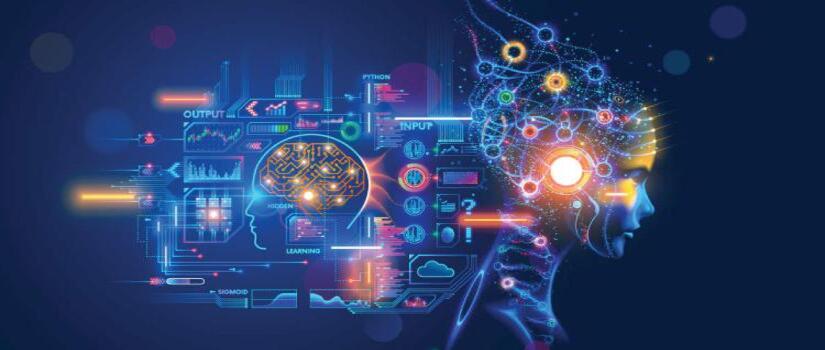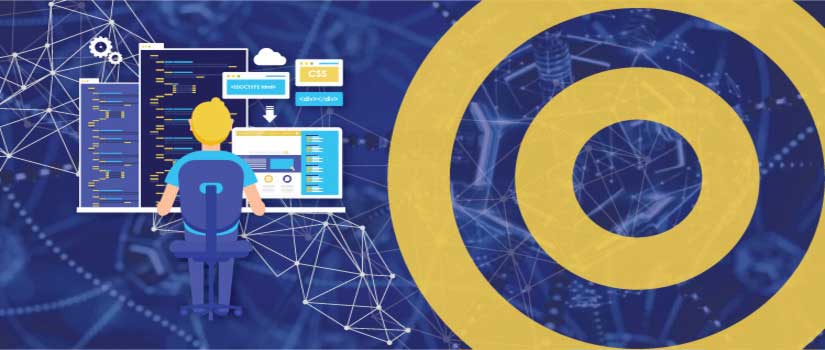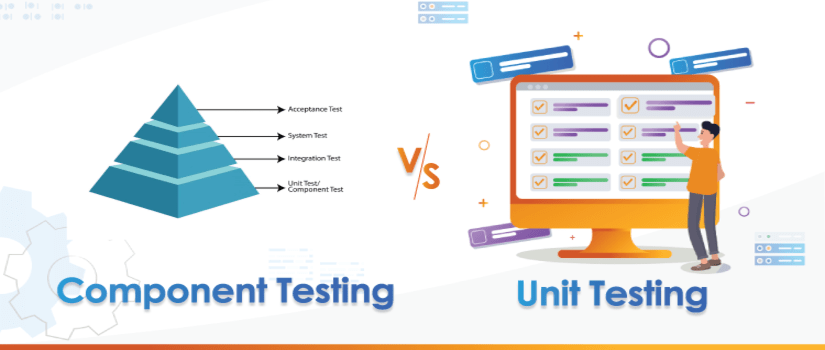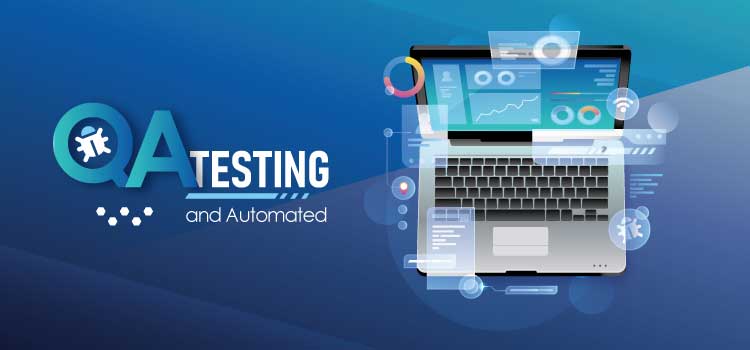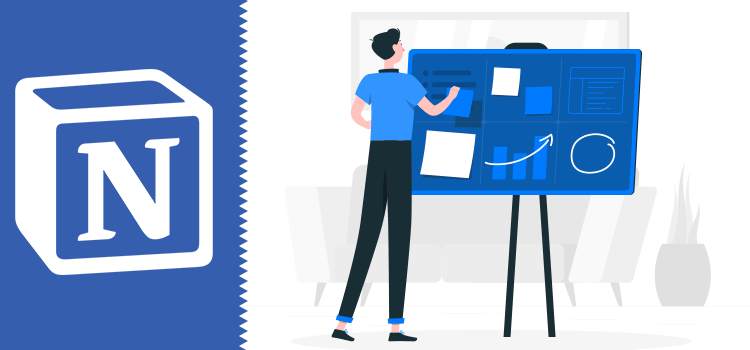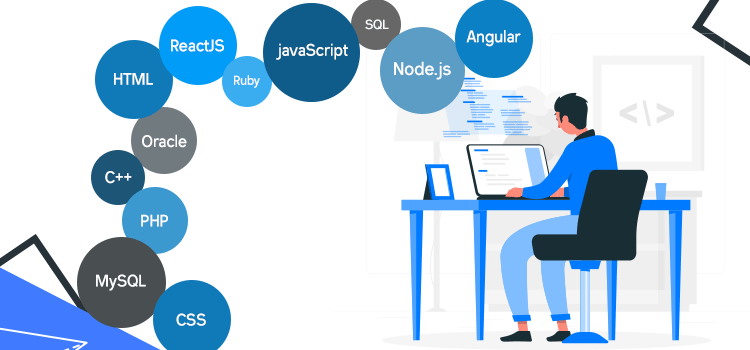Whether it is a random script that runs in the background or full-blown applications like Alexa and Siri, AI seems to have seeped into almost every technology. From industrial applications to corporate applications, AI has changed the way an organization works.
LMS is a part of every organization’s infrastructure and AI has now become an essential component of learning management systems. 5 years back we would have said that any prospects of an AI-powered LMS were bleak, but today AI-based LMS is the future. AI-powered LMS is becoming the norm in many businesses and has several educational applications.
AI learning management systems have a huge advantage over the standard LMS owing to the plethora of features that are innate to AI. From automation to personalization and troubleshooting to error correction, AI-based LMS has taken over and standard learning systems are starting to become irrelevant. In this article, we will aim to explore the possibilities of AI Learning Management Systems and how it can be used for the better implementation of the different modules of LMS.
How Has AI Changed LMS?
Most of the time, organizations like banks, educational institutions, and different corporations implement the old school learning systems in their training programs. At best, they can use chunks of online learning that are without any automation and are devoid of any kind of systemization.
A true learning management system should have interactive courses, a robust training program, inclusion of lectures, training records, tests, and employee feedback. Such an environment is only possible through AI-based LMS. There are unfathomable possibilities of how AI can enhance the age-old learning systems.
In practice, however, the standard LMS doesn’t use AI in LMS training modules. Standard LMS, no matter how well the training is put together, will always need foreign input from a manager. The implementation of AI reduces the need for such input to a bare minimum. This increases the overall efficiency of an organization as the management can then focus on other things.
A full-fledged AI-Based LMS will always have more productive results for a variety of reasons.
AI-based learning management systems define the process of learning. A trainer can do many things at once by entering just a few commands. He can control the time taken for the study, define training goals, set courses, organize tests, assign specific tasks and do profiling based on the competence of the trainees. The developments during a training course are automatically recorded by the AI-based LMS. For example, it records how well trainees have performed and outputs a score for the trainer to profile them accordingly.
AI-based LMS also reduces the time taken to explain the information. That is achieved by providing the information in advance. The trainees can then access it anytime in the future as needed.
It also helps the trainees to adapt to the changing dynamics of the organization. It often occurs that some of the trainees are trained in a particular discipline but are unable to work because of the continuously changing standards. AI-based LMS reduces this to a bare minimum as the training can be seamlessly integrated with the company’s operations and values. This makes it less painstaking as much as possible.
As the AI-based LMS is independent of space, it is possible to train while being outside of the organizations’ premises. A business can have several sites all around the world but just one unified LMS system for all of them.
How Can AI-Based LMS Help in Improving the Learning Modules?
Learning Module
The AI-based LMS system can improve the motivation of the trainees by incorporating simple yet effective changes to the way the learning module works. There are two approaches to learning. The first one implies that learning is done through changing behaviors that can be assessed later. This is better known as the behaviorist method. But this method is not effective for corporate organizations for many reasons.
Surprisingly the traditional LMS adopts the same method of learning. Another effective method is constructivism. This implies that after learning, the trainees should be able to construct new ideas from their knowledge. Such a method is incorporated by the AI-based LMS through a personalized learning module.
In this module, the trainer can conduct tests, quizzes, and other different assessments to correctly profile the trainees and direct the training according to progress. The AI-based LMS also tracks the progress and records it in form of visually comprehensible data which makes it even easier to progress the training.
The good thing is that this curriculum can be accessed from anywhere. Trainees can open it anytime from their devices regardless of where they are. They can also create their schedule which creates a more personalized experience for them. AI-based LMS also focuses on only that material that needs to be learned. This is done by offering personalized courses.
If you think of it for a moment, which one would you prefer? The traditional E-learning or personalized course specifically made for you? A personalized course is always more attractive because it only lets the trainees learn what they have to. This does two things. First, it creates interest as the trainees are being provided with the information, they are eager to learn, second, it creates a feeling of exclusiveness. A personalized course for trainees sends out the message that they matter. In a way, the trainees are their mentors of their own for the most part.
Content Module
The content module in AI-based LMS is composed of tools that are used in five stages. The developing tool is used for creating new content for the trainees. This content can be in the form of audio files, PPT presentations, and PDF or words documents. The content is then stored and can be accessed further during the distribution stage.
It is very easy to retrieve the generated content through the management tool. Once retrieved, the distribution tool allows disseminating the learning material to learners by using various web servers. The users can then access their training, make their schedules and learn whenever they like.
The training content that is stored on the server can then be easily shared with other learners using the collaboration tool. Finally, the delivery tool allows imparting the information to learners on their devices like mobile
phones, tablets, and computers.
AI does all of this much faster than what can be achieved by human input. While this can be done perfectly fine by any of the managers, it is much faster using AI. This also gives enough time to the managers to make an organic result of the training assessment. AI can thus act as a helping hand in learning assessments.
AI makes the content module more efficient by content curation. As AI does not require any input from the learners, it can compute huge amounts of data without waiting for anything. The process is fast and all the irrelevant information is eliminated intelligently by the AI. AI also makes it easier for the trainees to learn because it only provides the relevant information.
Evaluation Module
AI makes the process of evaluation much faster by improving the user experience. User experience is fundamental to sound learning. As AI can gather huge amounts of data in a very short time, it can decrease the time of evaluation significantly.
As AI focuses on mobile learning, it essentially acts as a performance support system. This makes the communication smoother and creates a shared knowledge between the learners and the AI. The good thing is that AI keeps on learning to make the experience even better. It learns and then adjusts to the user experience accordingly based on user performance and feedback. Furthermore, the AI can also evaluate whether or not the proposed changes have met the required output. If it doesn’t, it changes to a whole different strategy.
Adaptation to the conditions is the beauty of AI and it has done wonders for LMS. AI uses input from mobile learning to provide personalized learning experiences. It tries to improve the experience by analyzing huge sums of data that is just not humanly possible. Just like trainers evaluate the trainees’ knowledge based on their performance by analyzing the communication, AI analyzes the raw input from the learners to evaluate their skills. Although it is true that at some level manager input may be required, AI does make the evaluation process much faster and convenient.
Conclusion
It is very clear why AI-based LMS has an edge over the standard LMS. Any successful company that cares about employee growth and development will have a well-placed LMS system. AI has shown to be an effective tool to make the learning process even more streamlined. AI-based LMS has the potential of being one of the core elements of the HRIS system of any organization’s infrastructure.
AI improves the functioning of LMS modules manifolds and can increase employee retention by enabling them to learn specifically what they have to. They can learn internally at custom schedules without the need for manager input. This has shown to increase the efficiency of the evaluation process.
AI can be incorporated into LMS through the use of chatbots and ML data analysis to effectively automate the learning and evaluation procedure. If AI is utilized properly, it can do wonders in learning management systems by creating a diverse ecosystem of learning, development, and performance evaluation.
Reach Out to us for the planning and development of your LMS.

